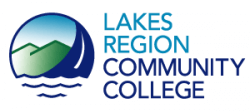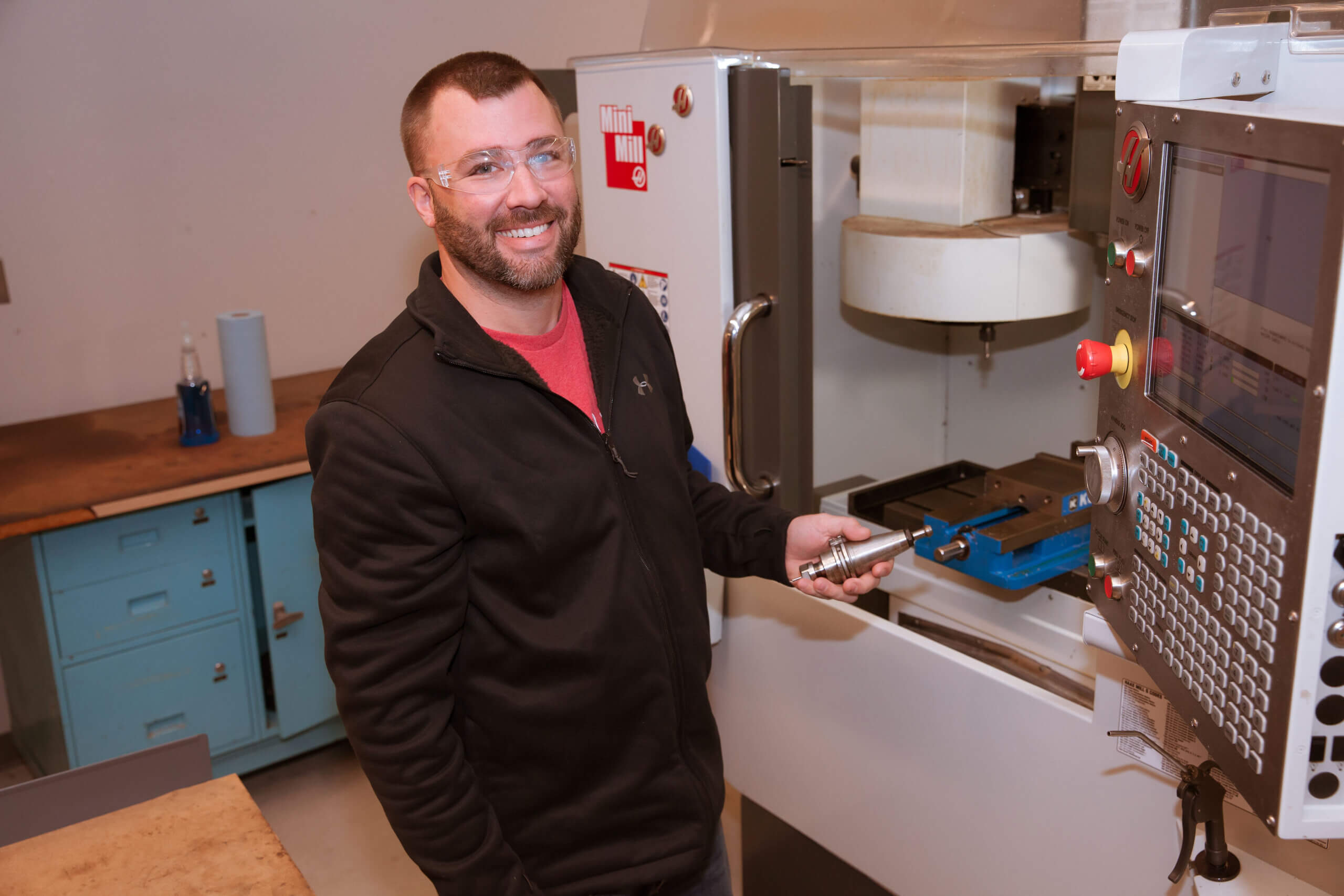Program Overview
The Marine Maintenance certificate is a seven-month program that starts in the fall semester. Classes meet twice a week, and students are encouraged to work part-time in a marine setting while completing the program. Lakes Region Community College has established partnerships with more than 30 marinas throughout New England and works closely with students to place them.
Upon successful completion of the program students will earn both a Certificate in Marine Maintenance from LRCC and Mercury Maintenance Certification from Mercury Marine.
Additional degree options are available for students who wish to continue studying for an associate degree.
Industry reports show an annual growth of 5% in this trade, with a shrinking supply of qualified technicians. Job opportunities are more abundant than ever!
Job opportunities for marine technicians can be found in coastal and lakeside communities. Graduates will find employment as inboard drive, or outboard technicians. Many other opportunities in recreational off-road marketing, such as motorcycle and snowmobile technician, are also available.
Skills Learned:
- Winterizing I/O and OB
- Trailer maintenance
- Engine tune-ups
- I/O drive service
- Cooling systems, including water pumps
- Rigging, engines, controls and wiring
- Fuel system service
- Electrical theory
- Bilge pumps
- Navigational lighting
- Trailer lighting
- Starting and charging systems
- Basic testing
Candidates for Marine Technology must:
- Have command of the English language;
- Have a high school diploma or equivalent;
- Be able to purchase the minimum required tools;
- Be able to work in a marine service environment;
- Be able to work in confined spaces;
- Be able to complete requirements for college level classes;
- Be able to understand and follow both written and oral instructions;
- Have sufficient vision to distinguish colors, read gauges, scopes, diagnostic equipment, and information from a computer screen (adaptive equipment acceptable);
- Have reading comprehension skills sufficient to read and comprehend service literature;
- Have communication skills sufficient to prepare required reports;
- Have sufficient hearing to distinguish various sounds and noises (adaptive equipment acceptable);
- Have the ability to stand for extended periods of time and the physical strength to lift components and equipment;
- Have sufficient dexterity to perform manual skills related to marine service
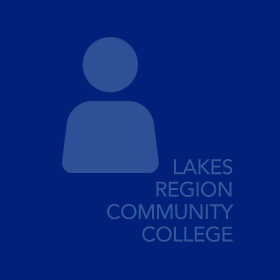
Jacob Marsh
Transportation TechnologiesAdjunct Professor, Marine Technology
Certificate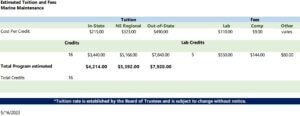
Annual salary range in NH for a Marine/Power Sports Technician
Program Contacts
Gregg Baker
[email protected]
603-366-5529
Jamie Decato
[email protected]
603-366-5253
